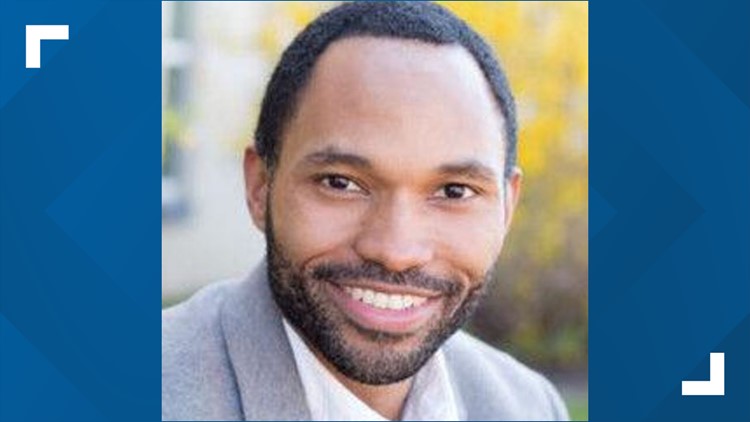Boyd Copeland, the new vice president for multicultural student services at St. Louis Community College, hopes to change that—and sees community college as the optimal path for doing so.
Copeland started with St. Louis Community College-Forest Park as vice president for multicultural student services in June, after serving Jefferson College as the community college’s director of student compliance and Title IX coordinator. He also spent several years working at St. Charles Community College.
His new role with STLCC involves guiding districtwide functions related to TRIO grants (including student support services and Upward Bound), international student services, William J. Harrison Education Center, the Black Male Achievers Academy and other student diversity initiatives.
The Black Male Achievers Academy is a way for Black male students to matriculate early at St. Louis Community College and get extra time to acclimate to college life before the semester begins, Copeland explains.
"As a first-generation college graduate who understands the value of education, I believe a community college education is the centerpiece for transforming post-secondary education in the 21st century," Copeland said.
“Most of my passion lies with African American males,” Copeland said. He co-directed a similar initiative to recruit and retain more Black male students at Chattanooga State prior to coming to St. Louis Community College. “So from early on in my career, it’s been one of those things that’s...most rewarding,” he said. “The background that they come from, that’s the background that I came from.”
In Copeland’s case, the thing that made college more accessible to him was the fact that he played a sport—but he recognizes that not every Black student has that opportunity, and that those who do may end up with crushing loads of student debt. This is another facet of the benefits of community college: it’s a way to get college credits for a fraction of the cost of a four-year college or university.
“I didn’t have student debt because I was an athlete, but my wife did,” he said. “I understand the impact that has on just kind of getting started. And community college is just the best bang for your buck.” Therefore, Copeland said, “when you're talking about a response to some of the societal issues that are impacting black males, the community college in my opinion is a solution.”
Copeland hopes to expand the Black Male Achievers program beyond the 39 students who went through the summer bridge aspect of the program this year and are starting the fall as its inaugural cohort. “We’ve been...getting them initiated with, connected with the college, and hopefully keep them connected all the way through to graduation.”
And eventually, he wants his own sons, who are 17 and 13, to be part of one of those cohorts. “For me it's personal,” Copeland said. “So I look at these kids, and...these are my sons. I want them to have the best experience coming into our institution, and make sure that I'm removing as many barriers as possible for them to get through.”


